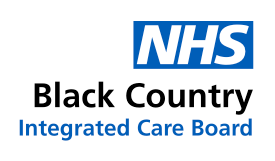We are both proud and privileged to be an Accredited Training Practice; this means that we are responsible for the training of new and existing Doctors at both undergraduate and postgraduate levels.
Any Doctors who are training at the Practice will work under the supervision of one of our GP’s and will endeavour to work to the same high standards as the rest of our team. The types of training doctors that you might encounter include:
Registrars
These are Doctors who have completed a minimum of 2 years work as a doctor and have chosen to trains as GP’s. The training programme is 3 years in duration and you may see registrars in their 1st (ST1), 2nd (ST2) or 3rd (ST3) year of training. They stay with the Practice for between 6 months and 1 year. They are allocated between 10 and 20 minutes to consult with patients and will initially be closely supervised by a GP until they have demonstrated their competence. Before they qualify as GP’s they will have to undertake further examinations and demonstrate to us that they are able to practice to an excellent standard.
Registrar Doctors working at the Practice need to video consultations for training purposes. When the doctor is videoing you will be informed of this when you book your appointment and your written consent to take part in the video consultation will always be asked for before your consultation.
Foundation Year 2 (FY2)
These are Doctors who have already completed a minimum of 1 year of work as a qualified doctor under close supervision. During this time they will have had to satisfy their supervisor of their competence to progress further in their career. They are close to deciding which path to take in their career and work with the Practice to experience General Practice before making their decision. They stay with us for 4 months.
They are usually allocated 20 minute appointments to talk to, and if appropriate examine patients before issuing any treatment. They will be closely supervised by a GP until they have demonstrated their competence.
Medical Students
As a teaching practice, medical students spend part of their training programme with us from Birmingham University. The Practice is also involved with medical research.
We value your co-operation with all of the above, but we understand if you do not want to be involved.

